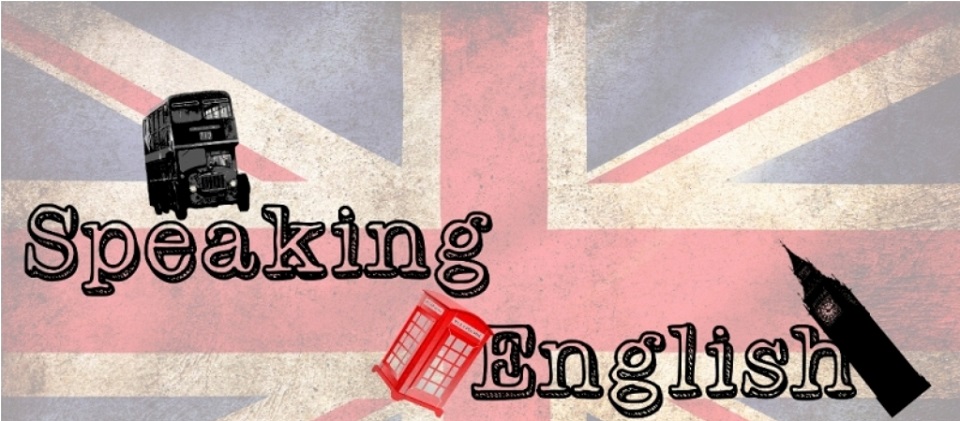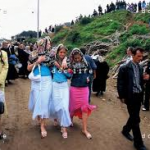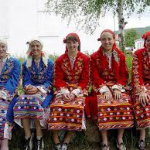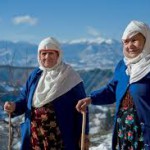(By Aristea Kanellopoulou, B΄class)
The Pomaks is a distinct tribal and historical minority living for the most part in Bulgaria and less in Thrace, Greece.
In Thrace, Greece, 23,000 Pomaks live in the Prefecture of Xanthi, 11,000 in the Prefecture of Rodopi and 2,000 in the Prefecture of Evros. The Pomaks are distinguished by their language, religion, traditions, attire, manners and customs, their way of living and even some physical characteristics.
Although claimed by different nations to be Turks, Bulgarians or Romanians, all evidence supports the fact that they are descendants of the ancient Thracian tribe called “Agrianes”.
The Pomak language was never recorded before 1996. That year, we have the edition of the first Pomak dictionary and grammar. The modern Pomak language is for its most part similar to the Bulgarian in grammar and vocabulary, with a lot of mixture of Greek and some Turkish lexis which is growing more these days.
It must be noted that Greek elements in Pomak are most often old-fashioned or even obsolete to Modern Greek, which is extra evidence that the Pomaks were Greek-spoken in the Medieval times after having been Hellenised in the Early Hellenistic era. There were purely Greek-speaking Pomaks earlier called Maridhes and Ghravakites, living in the area between Didymoteikho and Ortaköy.
The Pomaks wore their own traditional costumes only in the 20th century A.D. Men’s attire was Europeanised following the rest of the Greek population, but Pomak women kept their splendid Pomak traditional costumes until late years when strong influence from Turkey has made most of them wear the overall flat robe prescribed for all Muslim moments.
(Source: Emine Buruji, President of the Pomaks of Xanthi)





